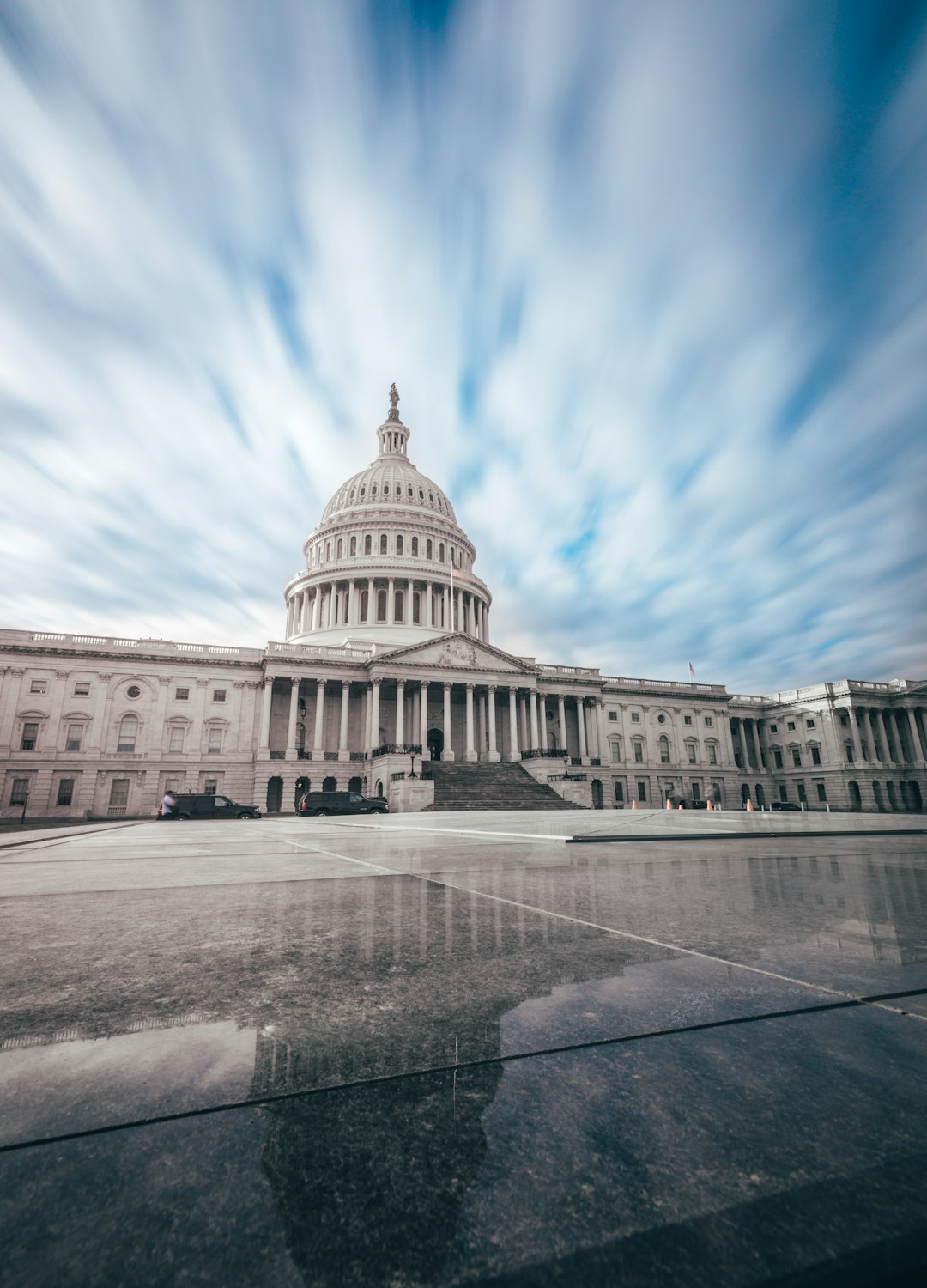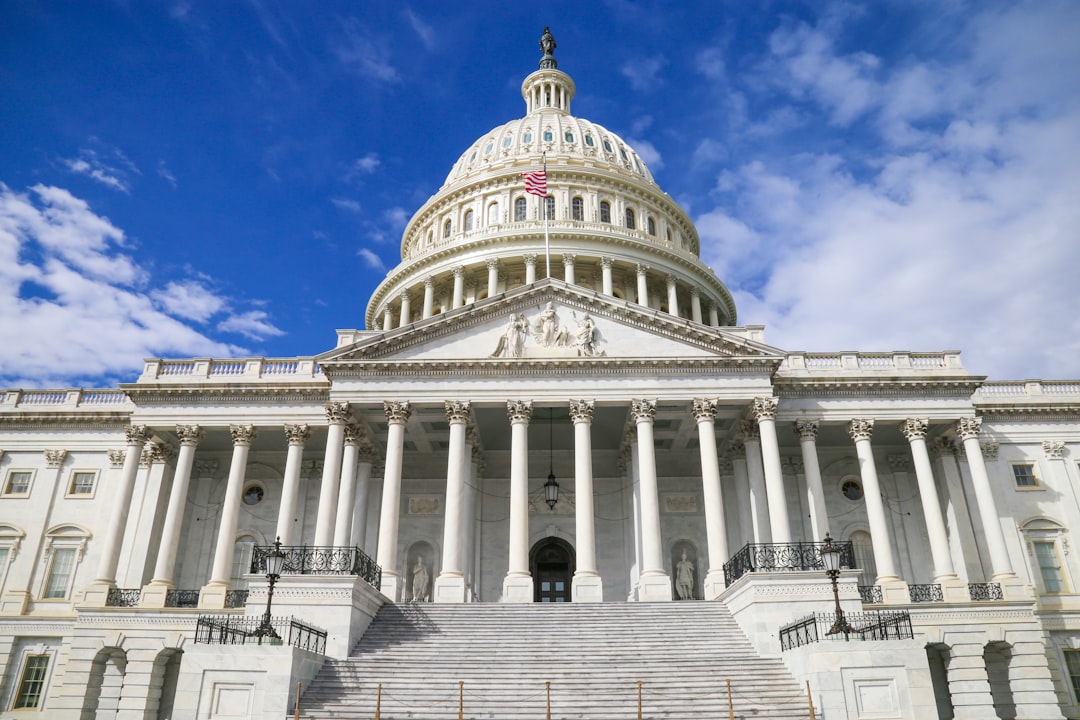In Washington State, massage therapy is strictly regulated for client safety. Therapists must understand their rights and responsibilities, including consent, boundaries, and privacy to prevent abuse. Training programs equip therapists to recognize red flags and maintain professional standards. Legal repercussions for massage abuse or sexual assault include disciplinary action and criminal charges. Massage therapists in Washington can seek specialized legal assistance from massage abuse lawyers, attorneys, and law firms to protect themselves and their clients, ensuring fair treatment and support for victims.
In Washington State, massage therapists play a vital role in promoting wellness and relaxation. However, navigating the complex landscape of regulations and understanding legal implications is crucial for their practice’s success and client safety. This article explores key aspects, including the importance of training to prevent and address massage abuse, as well as the rights and responsibilities of therapists under the law. We also provide resources for those facing legal challenges, emphasizing the significance of professional guidance from a reputable massage abuse lawyer in Washington or massage abuse attorney.
Understanding Massage Therapy Regulations in Washington State

In Washington State, massage therapy is regulated to ensure client safety and professional conduct. Understanding these regulations is crucial for massage therapists operating within the state. Licensing requirements, continuing education, and code of ethics are among the key aspects that therapists must adhere to. Failure to comply can lead to legal consequences, including disciplinary actions and even criminal charges for instances of massage abuse or sexual assault.
Massage therapists in Washington should be aware of their rights and responsibilities under the law, particularly regarding issues like consent, boundaries, and client privacy. Given the prevalence of massage abuse cases—and the potential for severe legal repercussions for perpetrators—it’s vital that both practitioners and clients are educated on these matters. Seeking guidance from a reputable massage abuse lawyer Washington, or consulting with a qualified massage abuse attorney Washington, can provide therapists with the knowledge they need to protect themselves and their clients from abusive situations. Reputable massage abuse law firms Washington offer specialized legal support tailored to these complex issues, ensuring that all parties involved are protected under the state’s stringent regulations.
The Role of Training in Preventing and Addressing Massage Abuse

Training is an indispensable component in preventing and addressing massage abuse. Comprehensive training programs equip massage therapists with the knowledge and skills to recognize potential red flags, such as inappropriate behavior or boundary crossings by clients. These programs teach therapists how to set and maintain professional boundaries, ensuring that their sessions remain therapeutic and safe for all parties involved. By fostering a culture of awareness and accountability, training can deter potential perpetrators and provide victims with the confidence to speak up if they experience any form of abuse, including sexual assault.
In Washington, where individuals seeking relief from physical discomfort often turn to massage therapy, proper training becomes even more critical. Massage therapists who undergo rigorous training are better prepared to navigate complex situations, recognize subtle signs of distress, and respond appropriately. Moreover, having trained professionals in the field can help establish clear protocols for reporting suspected abuse, connecting victims with support systems, and holding perpetrators accountable through the assistance of massage abuse lawyers, or massage sexual assault lawyers in Washington, as well as reputable law firms specializing in these cases.
Legal Implications for Massage Therapists: Rights and Responsibilities

In Washington state, massage therapists must be aware of their legal implications and rights, especially in light of potential massage abuse cases. As a regulated profession, therapists have specific responsibilities to ensure client safety and well-being. Failure to adhere to these standards can result in serious consequences, including licensing revocation and legal repercussions. It’s crucial for therapists to understand their limits and boundaries, as well as the state’s laws regarding consent and appropriate touch.
Should any instances of massage abuse or sexual assault occur, knowledge of one’s rights under Washington law is essential. Victims of such incidents can seek justice through experienced massage abuse lawyers in Washington who specialize in these cases. Reputable massage abuse attorney firms in Washington are equipped to handle sensitive situations, offering legal representation and support to ensure victims receive the justice they deserve. Recognizing the prevalence of massage abuse and the importance of holding perpetrators accountable, several law firms focus exclusively on protecting the rights of survivors through efficient legal processes.
Resources for Massage Therapists Facing Legal Challenges in Washington

Massage therapists in Washington face a unique set of challenges, particularly when dealing with potential legal issues related to massage abuse or sexual assault. These situations can be emotionally taxing and complex, requiring specialized support. Luckily, resources are available for therapists who may need assistance navigating these difficult circumstances. Many law firms in Washington offer dedicated services for massage professionals, providing expertise in cases involving massage abuse.
Therapists facing allegations or experiencing personal trauma related to their practice can consult with experienced massage abuse lawyers and attorneys. These legal professionals specialize in advocating for therapists’ rights and helping them understand the applicable laws and regulations. With their guidance, therapists can protect themselves legally and emotionally, ensuring they receive fair treatment throughout any legal process.





